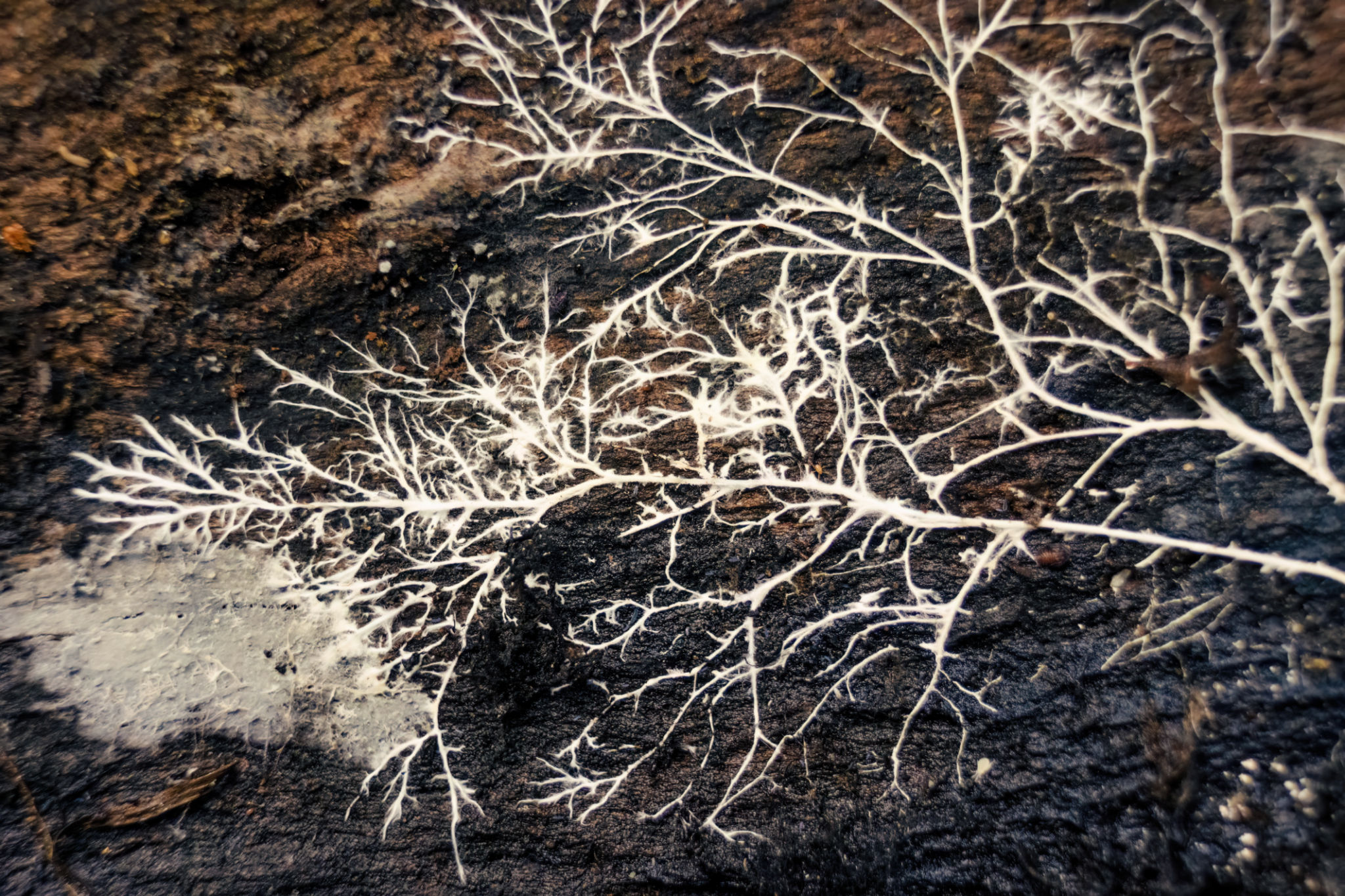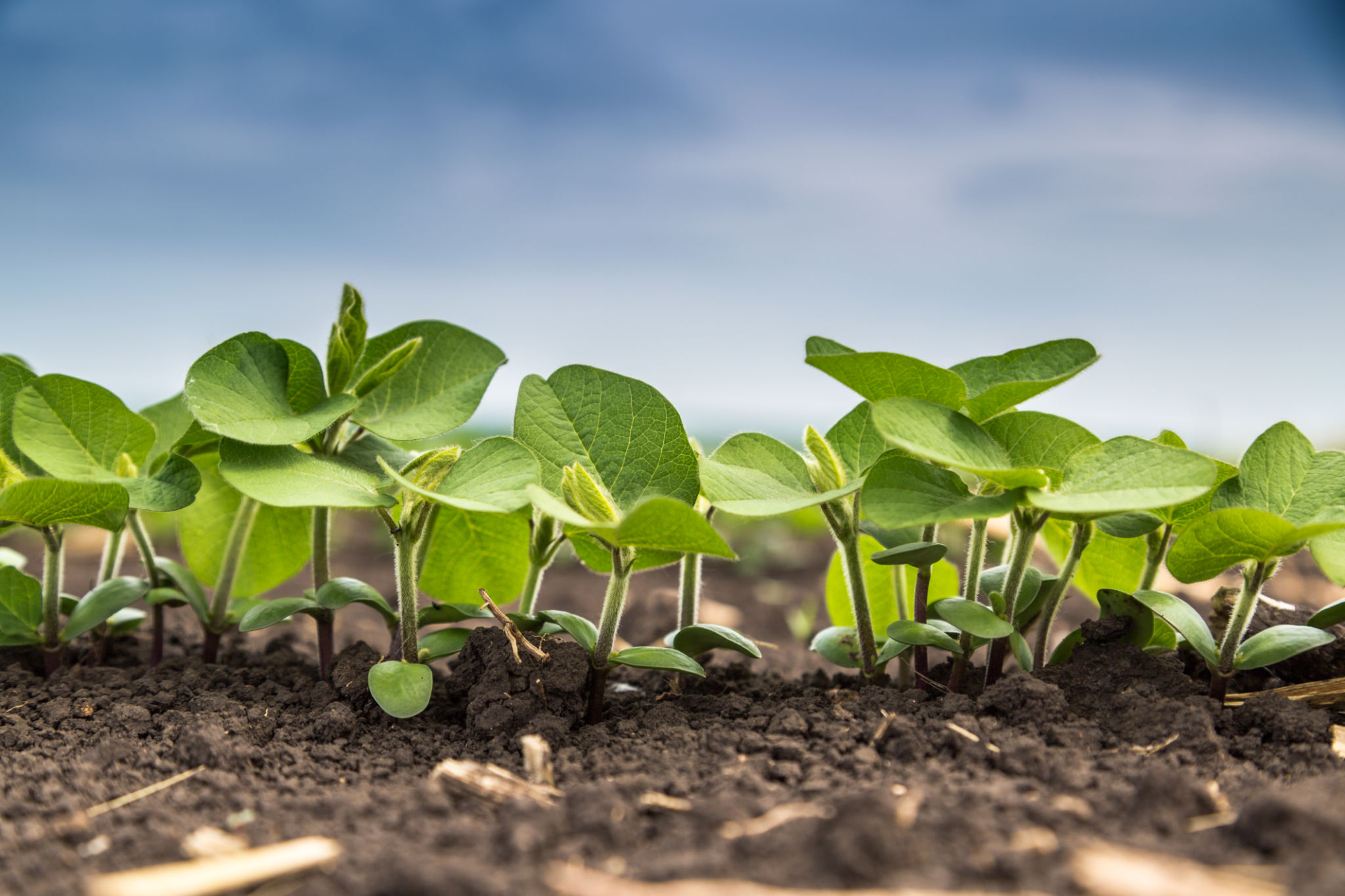How Mycorrhizae Enhances Your Garden: The Secret to Strong Roots
Understanding Mycorrhizae
In the world of gardening, there's a hidden ally working tirelessly beneath the soil: mycorrhizae. These beneficial fungi form a symbiotic relationship with plant roots, enhancing nutrient uptake and promoting vigorous growth. Gardeners looking to boost their plants’ health should consider harnessing the power of mycorrhizae.
Mycorrhizae extend the root system, allowing plants to access nutrients and water more efficiently. This fungal network can increase the root surface area by up to 700 times, which is crucial for plant health, especially in nutrient-poor soils.

The Benefits of Mycorrhizal Fungi
Mycorrhizal fungi offer a multitude of benefits for your garden. They enhance nutrient absorption, particularly phosphorus, a critical component for plant development. Additionally, mycorrhizae improve soil structure by aggregating soil particles, which increases aeration and water retention.
Moreover, plants partnered with mycorrhizal fungi are often more resilient to diseases. The fungi act as a barrier against pathogens, reducing the need for chemical treatments. This natural defense mechanism is invaluable for maintaining an organic garden.

Enhanced Drought Resistance
One of the standout advantages of mycorrhizae is their ability to help plants withstand drought conditions. The extensive network of fungal hyphae increases the plant's access to water, even in dry periods. This is particularly beneficial in regions experiencing water scarcity or in gardens that require minimal watering.
By improving the water absorption capabilities of plants, mycorrhizae enable gardeners to maintain lush and healthy gardens with less frequent watering. This not only conserves water but also encourages sustainable gardening practices.
How to Introduce Mycorrhizae to Your Garden
Incorporating mycorrhizal fungi into your garden is a straightforward process. Mycorrhizal inoculants are available in various forms, including powders, granules, and liquid solutions. These products can be applied directly to seeds, seedlings, or established plants.
For best results, apply mycorrhizal inoculants during planting or transplanting. Ensure that they come into direct contact with the roots, as this is where the symbiotic relationship begins. Regular applications can further enhance soil health and plant growth over time.

Choosing the Right Mycorrhizal Products
When selecting a mycorrhizal product, consider the specific needs of your garden. Different plants may benefit from different strains of mycorrhizal fungi. Research or consult with gardening experts to determine the best product for your particular plants and soil conditions.
Organic gardeners should look for products certified by reputable organizations to ensure they align with natural gardening principles. Many available options cater to both small home gardens and larger agricultural operations.
The Long-Term Impact on Gardens
By integrating mycorrhizae into your gardening routine, you create a sustainable ecosystem that supports strong plant growth and soil health. Over time, this results in more robust plants that require fewer inputs in terms of fertilizers and pest control products.
The initial investment in mycorrhizal inoculants pays off through healthier plants and reduced gardening maintenance. As more gardeners embrace this natural ally, the potential for more resilient and productive gardens increases significantly.

